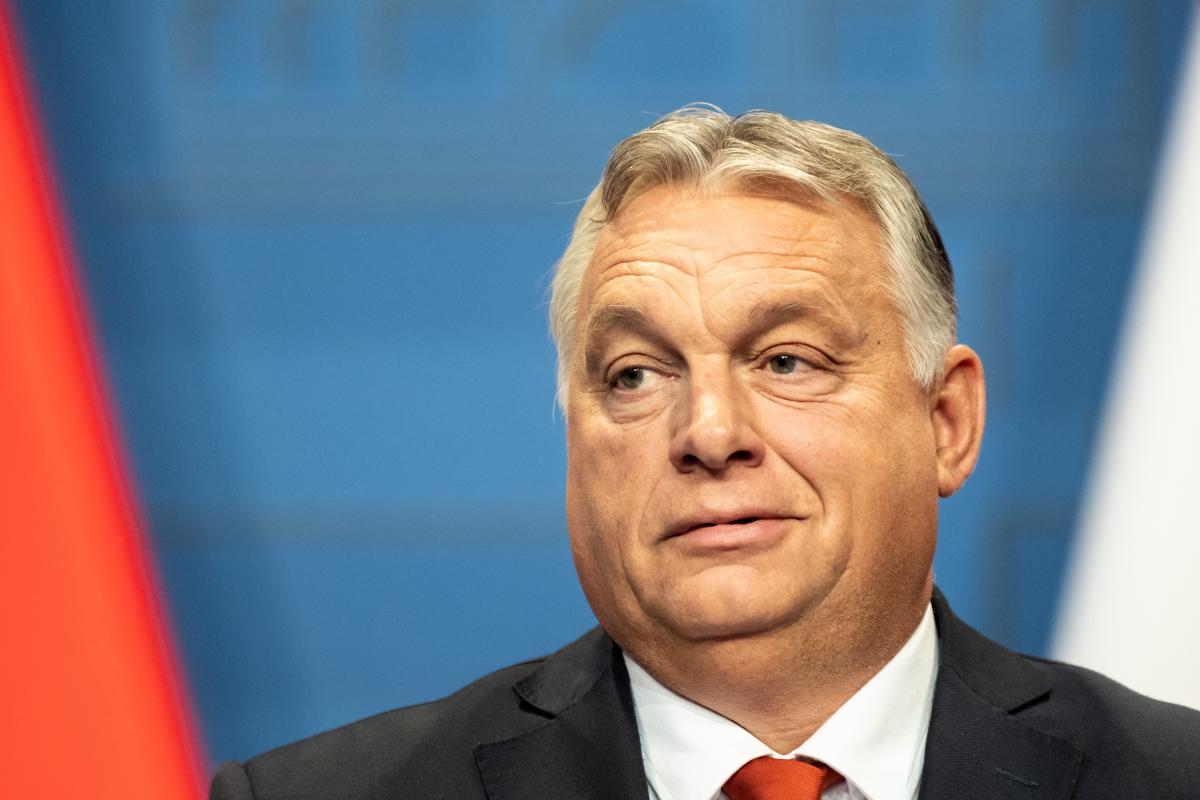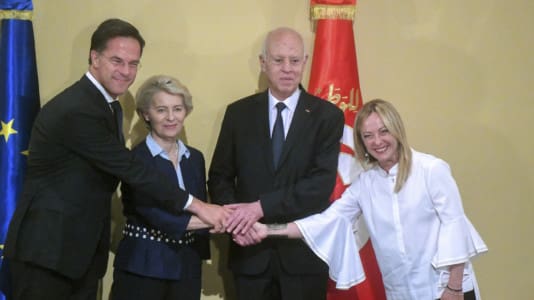Hungarian Prime Minister Viktor Orbán took to Facebook on Tuesday to proclaim that Hungary and Latin America both have a pro-peace stance regarding the conflict between Ukraine and Russia and want the war to end as soon as possible.
“Most of the world is tired of war. Today, we argued for an immediate ceasefire and peace, and this time the leaders of Latin America joined us!” wrote Orbán on Facebook following the meeting of the leaders of the European Union and the Community of Latin American and Caribbean States (EU-CELAC) summit in Brussels.
Although Orbán’s pro-peace stance is a minority position in Europe, he has found broad support from nations with a similar outlook toward the war elsewhere in the world, including India, China, and countries in Latin America. China, for example, has put forward a peace plan that Hungary has backed.
Within Latin America, there are a number of nations directly aligned with Russia, including Venezuela and Cuba, but more broadly speaking, there are many more nations skeptical of the Western war effort in Ukraine that have called for an immediate ceasefire. Countries like Brazil and Mexico have also refused to back sanctions against Russia, arguing it is not in their economic interest.
Last year, Mexican President Andrés Manuel López Obrador criticized the European Parliament’s nomination of Ukrainian President Vladimir Zelensky for the Nobel Peace Prize.
“Regardless of whether we support one or the other (contender), how come one of the participants in a military conflict may receive the Nobel Peace Prize?” said the Mexican leader. “Are there no others who are fighting for peace? Why not Pope Francis, the head of the UN?”
This year, Brazilian leader Luiz Inácio Lula da Silva said: “It’s necessary that the U.S. stops encouraging the war and talks about peace. It’s necessary that the European Union talks about peace so we can convince Putin and Zelensky that peace is in the interests of everybody and war only serves their two countries.”
EU, Latin American and Caribbean leaders are using the EU-CELAC conference to meet for the first time in eight years. At the top of the agenda are the issues of climate change and free trade, especially the EU-Mercosur free trade deal, which environmental groups have criticized and which Brazil and other Latin American countries have refused to ratify.






